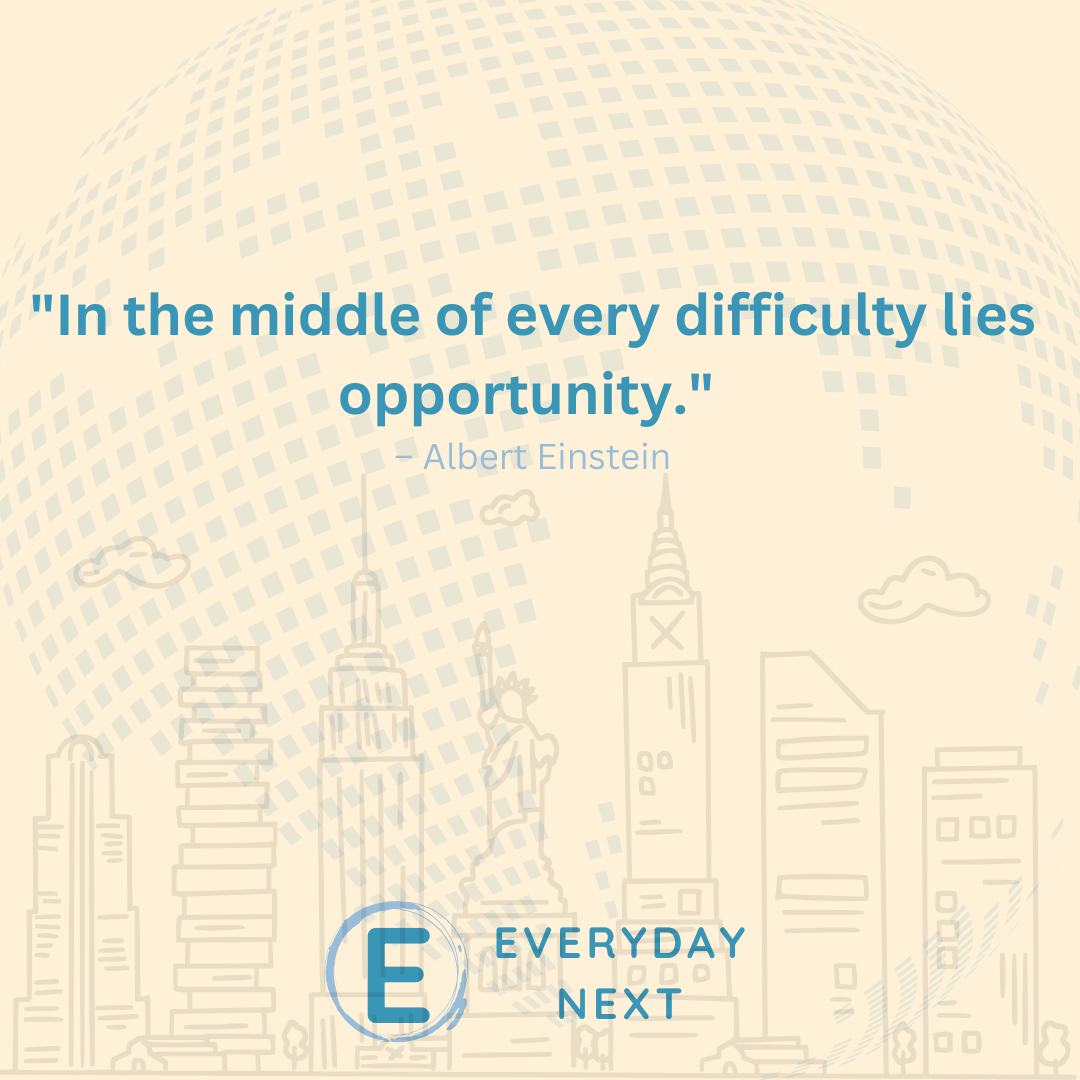
Unlocking the Secrets of What Makes a Startup Innovative
There’s a certain magic in the air when a new idea shakes up the status quo and redefines what’s possible. Startups seem to have a formula for this kind of innovation, where fresh perspectives and nimble strategies transform everyday challenges into groundbreaking opportunities.
But what is that secret sauce that fuels their spirit?
In this exploration, we’ll dive into the key ingredients that set innovative startups apart. From daring visions and adaptable cultures to relentless focus and strategic collaborations, we’ll uncover the elements that empower these startups to push boundaries and spark change.
Prepare to be inspired by the extraordinary ways these trailblazing ventures turn vision into reality, revolutionizing industries along the way. Let’s unlock the secrets behind their brilliance and see how they transform simple ideas into world-changing innovations.
Defining Innovation in the Startup World
What makes a startup truly innovative isn’t just the novelty of its product or service. It’s the way they think, act, and adapt at lightning speed. For startups, innovation is about viewing problems through a unique lens and daring to tackle them with creative solutions.
Beyond the Buzzword
In the startup ecosystem, innovation goes deeper than just being the latest buzzword. It’s the foundation that drives every decision, from developing new ideas to refining existing ones. Startups thrive on their ability to reimagine the ordinary and turn disruption into opportunity.
The heart of innovation lies in the willingness to experiment and the courage to fail forward. These businesses are constantly evolving, learning from each misstep, and iterating towards a better version of themselves.
True innovation also involves understanding the needs of customers on a profound level. It’s about crafting experiences, not just products, that resonate and bring real value to people’s lives. In doing so, startups transform simple interactions into memorable journeys and introduce game-changing solutions that challenge convention.
By embracing this relentless pursuit of improvement and valuing creativity over conformity, startups redefine the landscape and set new benchmarks for what’s possible.
Nurturing a Culture of Creativity and Risk-Taking
Creating an environment where creativity thrives and risk-taking is encouraged is no small feat, but it’s essential for startup success. It all starts with embracing an open mindset, where ideas are welcomed from every corner of the team.
Encouraging diversity of thought can lead to unexpected insights and novel approaches. This means breaking down silos and fostering collaboration, where interdisciplinary teams can brainstorm and build upon each other’s strengths.
Risk-taking comes hand-in-hand with trust. Team members need to feel safe to share bold ideas without fear of judgment. Leaders play a critical role here by setting the tone and leading by example. They show that calculated risks are valued and necessary stepping stones to innovation.
Failure shouldn’t be shamed but celebrated as a learning opportunity. Startups thrive when they view setbacks as chances to refine their approach. Creating a culture that sees failure as feedback propels continuous improvement and elevates the entire organization.
By nurturing creativity and championing risk-taking, startups can unlock the potential of their most valuable assets—their people—and push the boundaries of what they can achieve.
Embracing Disruption As a Competitive Advantage
In the fast-paced world of startups, disruption is more of a frequent guest than an uninvited one. Rather than running from it, the most successful startups embrace disruption as an opportunity to get ahead and redefine the playing field.
One way to leverage disruption is to always have an ear to the ground. Staying informed about industry shifts and emerging technologies allows startups to pivot quickly and seize new opportunities before the competition even notices them.
Embracing change also means being flexible. Companies that are too attached to traditional ways may miss out on innovative solutions. A nimble organization is better poised to adapt its strategies and processes to capitalize on disruptive trends.
It’s also worth noting, startups can turn disruption into a drive for improvement, inspiring transformation that can bring a fresh perspective to what they offer. It provides a way to test new ideas in a real-world setting, bringing evolution to both products and business models.
Seeing disruption as a chance to innovate rather than a threat empowers startups to stay a step ahead. By welcoming the unexpected and using it to their advantage, they can carve out new paths to success that might otherwise remain unexplored.
Utilizing Technology to Drive Innovation
In today’s digital age, technology is the ultimate game-changer for fostering innovation. It opens up countless possibilities for startups to create, iterate, and deliver solutions that truly stand out.
One key advantage of technology is that it helps streamline operations. Automating repetitive tasks frees up time and resources, allowing teams to focus on creative problem-solving and customer engagement.
Creating Agile Structures
Technology also enhances collaboration, breaking down geographical barriers and connecting teams across the globe. Whether through cloud platforms or communication tools, it ensures that ideas flow freely, sparking innovation from every corner of the company.
Furthermore, data analytics serves as a treasure trove of insights. By leveraging data, startups can better understand market trends, refine their products, and tailor their strategies to meet customer needs precisely.
Ultimately, the right tech tools empower startups to experiment boldly and pivot quickly. When used strategically, technology isn’t just an operational aid—it’s a catalyst that propels a startup towards groundbreaking achievements.
Adapting Quickly to Market Changes and Customer Needs
Staying agile is crucial for startups thriving in a fast-paced market. The ability to pivot and adjust strategies promptly can make or break a business.
Understanding customer needs is the first step. Gathering feedback through surveys, social media, and direct interactions offers invaluable insights. This real-time information helps businesses align their offerings with what customers truly want.
Equally important is monitoring market trends. Keeping an eye on competitors, industry changes, and emerging technologies helps anticipate shifts and prepare accordingly.
Flexibility in product development is also key. Embracing a mindset of constant improvement allows startups to tweak their solutions without losing sight of their vision. By being responsive and adaptable, they ensure their relevance in an ever-evolving marketplace.
The Bottom Line: Sustaining Innovation for Long-Term Success
Innovation is not a one-time event; it’s a continuous journey. For startups aiming for long-term success, embracing creativity and staying adaptable is essential. By prioritizing innovation, businesses can remain relevant even as the market landscape shifts.
Initially, it involves nurturing a culture that encourages experimentation and isn’t afraid of failure. This adventurous spirit can lead to breakthroughs that set a company apart from its competitors. Therefore, fostering an environment where every team member feels empowered to contribute ideas is crucial.
Besides this, listening to customers and responding to their evolving needs will help maintain a competitive edge. When a company is truly in tune with its audience, it can tailor its products or services to match what consumers are actively seeking.
Furthermore, continuously adapting to changes, be they technological advancements or market dynamics, is vital. It ensures that businesses not only weather unpredictable storms but also seize new opportunities that arise.
In conclusion, sustaining innovation involves a blend of bold creativity, strategic responsiveness, and a deep connection with customers. With these elements in play, startups can position themselves not just to survive, but thrive in the long run. Innovate consistently, adapt swiftly, and always keep the customer at the heart of your strategy. This is the recipe for enduring success in today’s ever-changing world.













